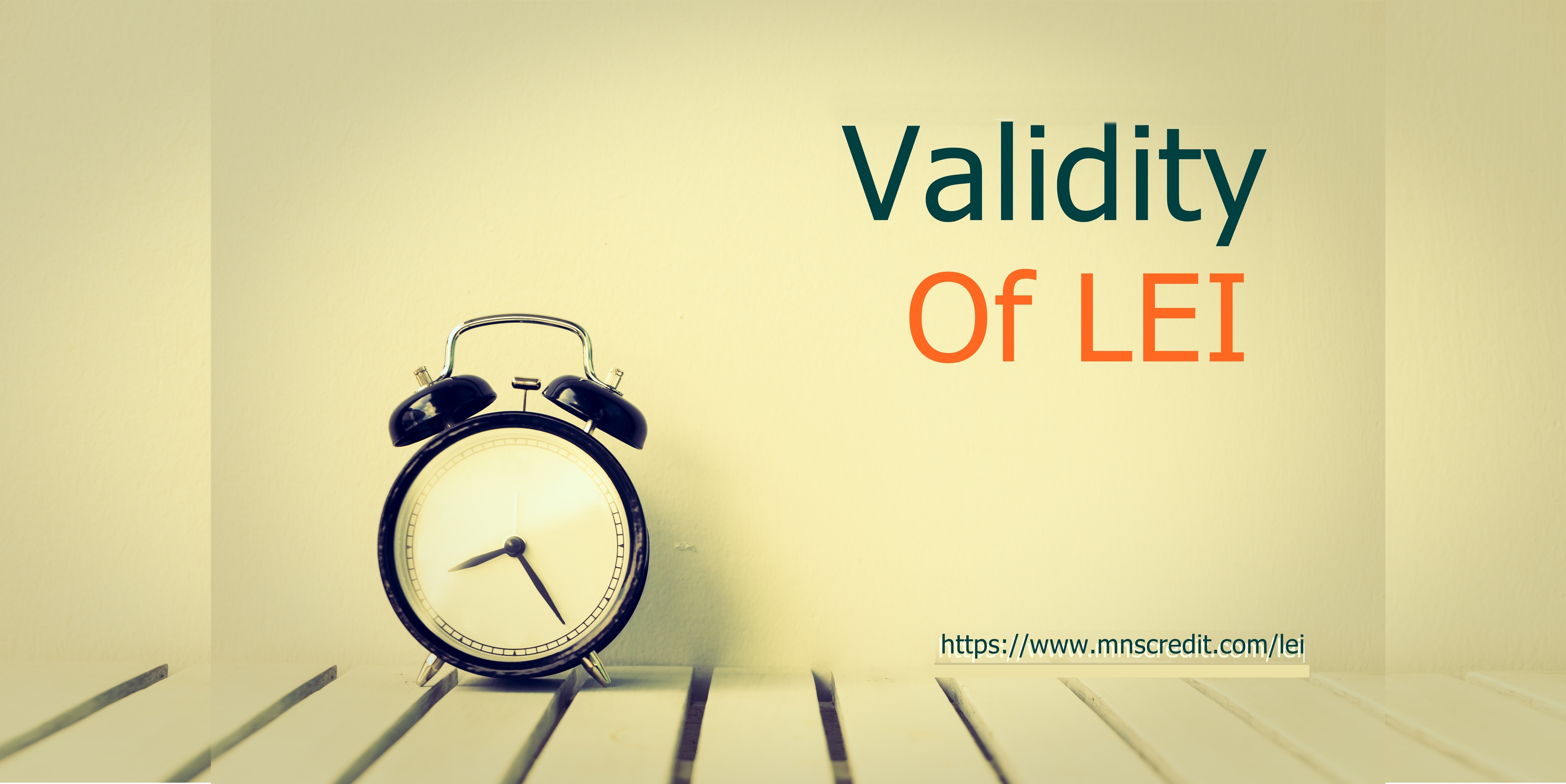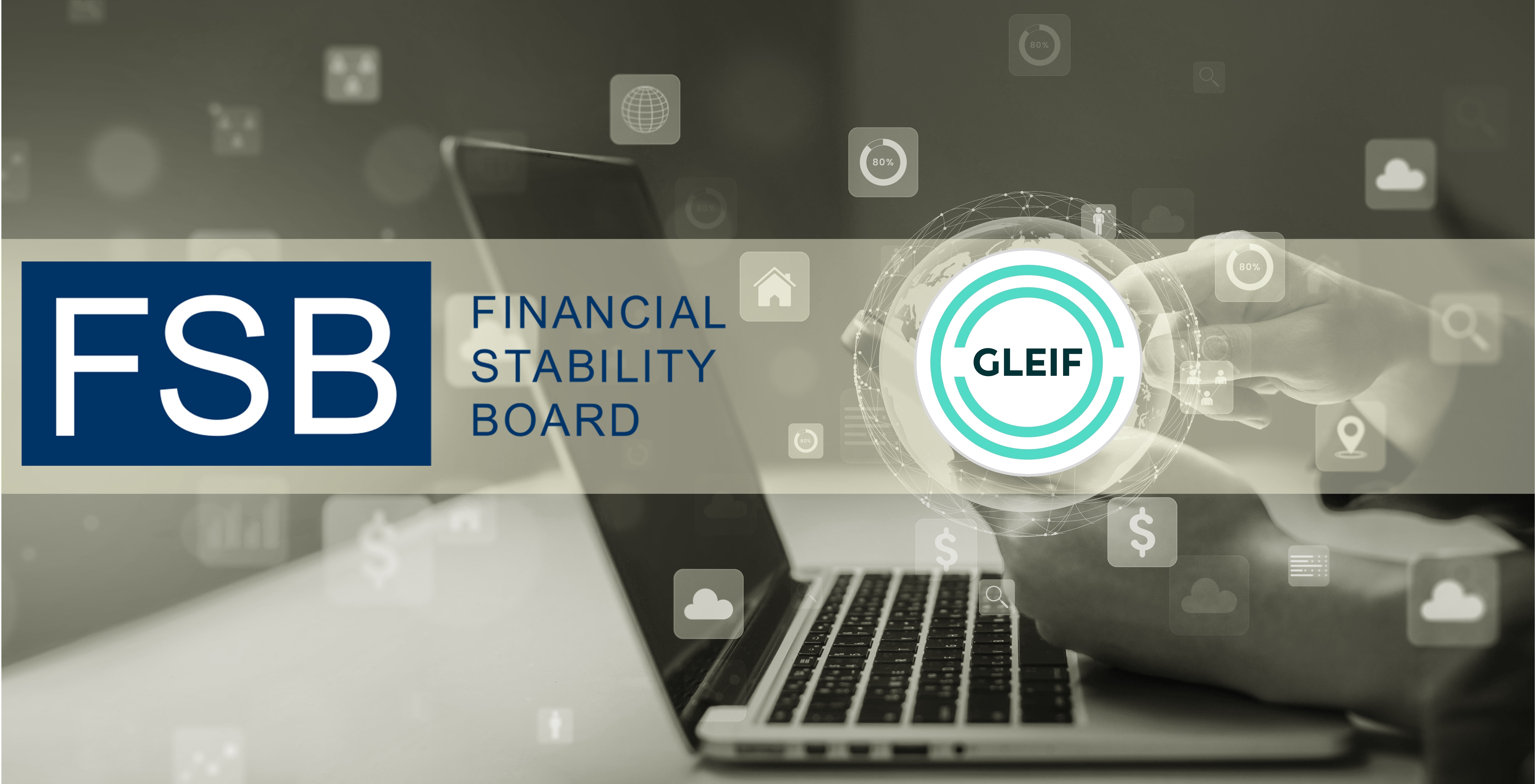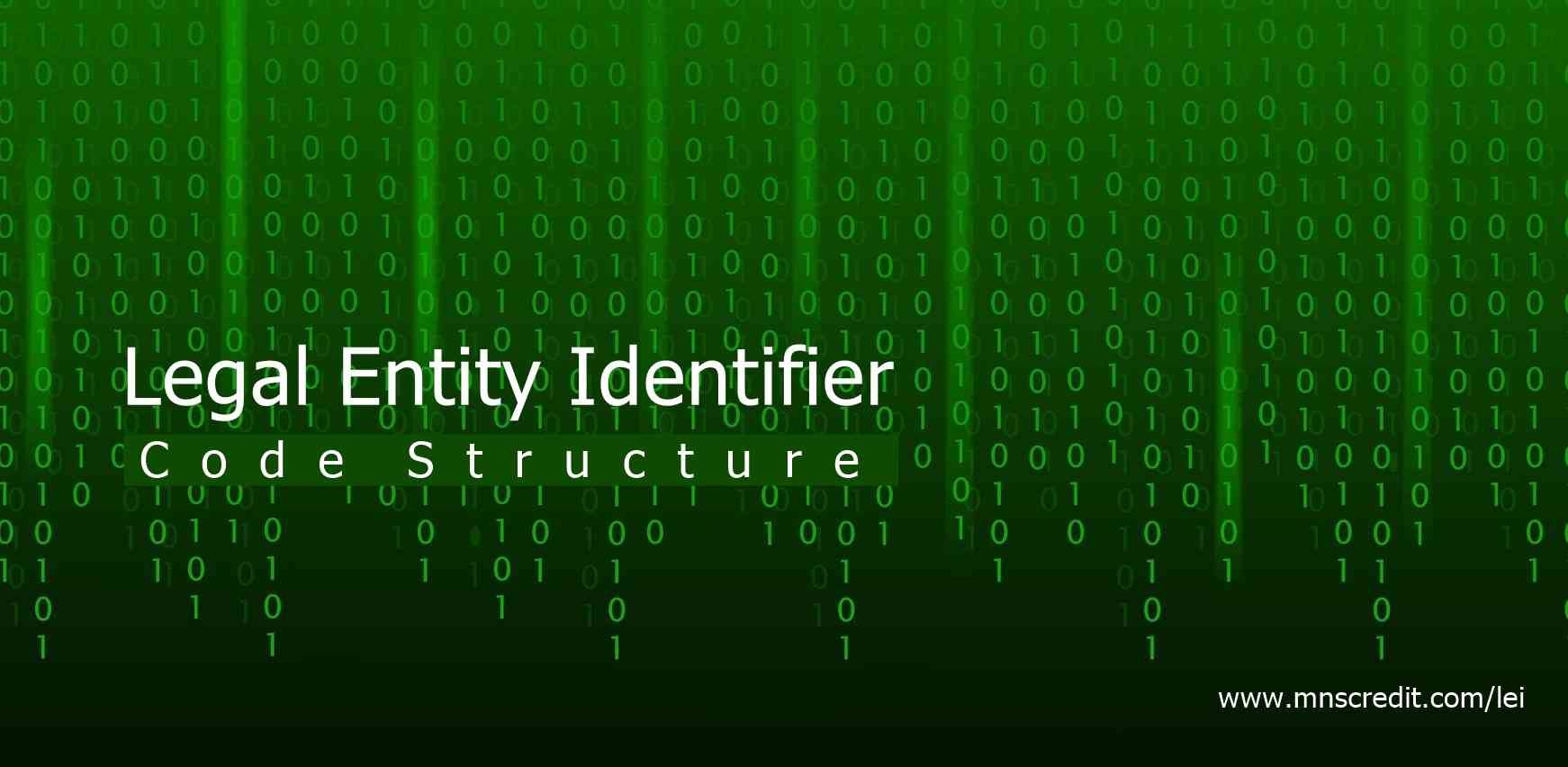LEI (Legal Entity Identifier) renewal refers to the process of maintaining an active and up-to-date LEI registration. An LEI is a unique 20-character code assigned to legal entities participating in financial transactions, such as companies, to identify them on a global scale.
Renewal typically involves:
Verification of Entity Information: Ensuring that the company's details, such as its legal name, registered address, and business structure, are correct.
Payment of Renewal Fee: The LEI must be renewed annually, and there's usually a fee involved.
Submission of Updated Information: If there have been any changes to the company's structure or details, those need to be updated during the renewal process.
It's important to keep an LEI renewed because financial institutions and regulators may require entities to have an active LEI for conducting transactions.
Legal Entity Identifiers (LEIs) are unique identification codes used to recognize legal entities involved in financial transactions globally. These codes improve transparency, help reduce fraud, and are crucial for meeting regulatory compliance requirements.
In this article, we’ll explore how long an LEI code is valid, why renewing an LEI is essential, and how the annual LEI renewal process works to keep your registration active and compliant.
An LEI code is valid for one year from the date of issuance or last renewal. After this period, it must be renewed annually to remain active.
If you fail to renew an LEI code on time, its status will be marked as "LAPSED", making it invalid for financial reporting or regulatory use. Keeping your LEI active ensures your entity’s data is always up to date, which supports global transparency and regulatory efficiency.
LEI renewal is not just a formality—it’s a regulatory requirement in many jurisdictions. By renewing your LEI code on time, you:
Financial institutions, investment funds, corporations, and other legal entities are expected to maintain an active LEI status if they are involved in reportable transactions.
An LEI often lapses due to simple administrative oversights, such as missing renewal reminders, changes in company personnel, or lack of awareness about the annual renewal requirement. In many cases, businesses assume the LEI remains valid indefinitely and forget to update entity information after mergers, address changes, or restructuring. Sometimes, delays also occur when organizations depend on outdated contact details or fail to monitor regulatory deadlines. To avoid a lapsed LEI, companies should set automated renewal reminders, choose multi-year renewal plans, and keep their entity information updated with a trusted Registration Agent. Partnering with a reliable service provider like MNS Credit Management Group ensures timely alerts, accurate validation, and continuous compliance without interruptions.
Renew your Legal Entity Identifier (LEI) with MNS – hassle-free, at a competitive price, with dedicated support every step of the way.
Apply HereAn active LEI helps build trust with regulators, clients, and counterparties. It demonstrates that your organization maintains accurate and transparent business records.
Letting your LEI lapse could result in:
Renewing an LEI code is a simple and secure process. It involves:
You can complete the process with a trusted LEI Validation Agent in India like MNS Credit Management Group, which provides a secure and efficient process for LEI renewal. Their expert team ensures your entity data is validated accurately, helping you maintain compliance and avoid any disruptions.
Yes, many LEI service providers allow you to renew your LEI for multiple years in advance. This reduces the risk of unintentional lapses and saves time and administrative effort.
Providers like MNS Credit Management Group offer multi-year renewal options, such as 3-year or 5-year plans, allowing you to manage your LEI renewals for an extended period and potentially save on annual fees. This is especially beneficial for organizations with ongoing regulatory obligations or limited administrative resources.
Multi-year renewals also ensure consistent compliance and peace of mind for businesses engaged in frequent or high-volume financial transactions.
LEI renewal is a vital part of maintaining your legal entity’s participation in regulated financial markets. Renewing an LEI code each year ensures that your information stays current, compliant, and visible in the global LEI database.
Whether you’re renewing your LEI annually or choosing a multi-year option, acting early helps you avoid risks and maintain uninterrupted financial operations.
1. What is LEI renewal?
LEI renewal is the process of verifying and updating the information associated with your Legal Entity Identifier to keep it valid and active. Every LEI code must be renewed annually to remain compliant with financial regulations.
2. How often do I need to renew an LEI code?
An LEI code must be renewed once every year from the date of its issuance or last renewal. Failing to renew an LEI code results in its status becoming “LAPSED,” which can impact your ability to participate in regulated financial transactions.
3. How do I renew an LEI code?
You can renew an LEI code through any accredited Local Operating Unit (LOU) or official Registration Agent. The renewal process involves confirming and updating your entity’s data, and paying the annual fee.
4. Can I renew my LEI for multiple years?
Yes, many service providers offer multi-year LEI renewal options. This helps avoid the risk of accidental expiry and ensures continuous compliance without the need to renew manually every year.
5. What happens if I don’t renew my LEI on time?
If you don’t renew your LEI code before its expiration date, its status becomes “LAPSED.” This means it is no longer valid for financial reporting or regulatory use, which could delay transactions or cause compliance issues.
6. Does renewing an LEI code change the LEI number?
No, renewing an LEI does not change your LEI number. The code remains the same—it is only the associated information that gets updated to ensure accuracy.
7. How long does the LEI renewal process take?
The LEI renewal process is usually completed within a few hours to a couple of business days, depending on the provider and the accuracy of the submitted information.
8. Can I transfer and renew my LEI code with a different provider?
Yes, you can transfer your LEI code from one provider to another and renew it during the process. The LEI code remains the same after the transfer.
9. Who needs to renew an LEI code?
Any legal entity that participates in financial markets or is subject to regulatory reporting requirements—such as corporations, funds, trusts, or government bodies—must renew its LEI code annually.
10. Why is LEI renewal important?
Renewing an LEI ensures your entity remains compliant with international financial regulations. It also maintains transparency and trust with regulators, partners, and counterparties.









